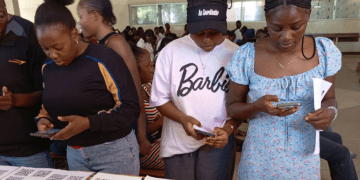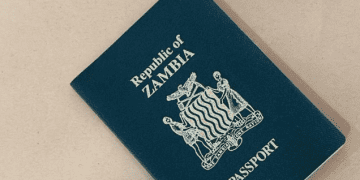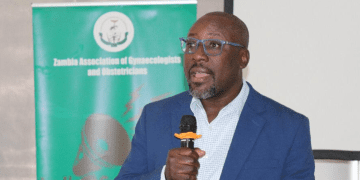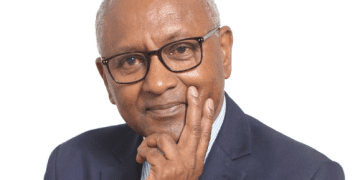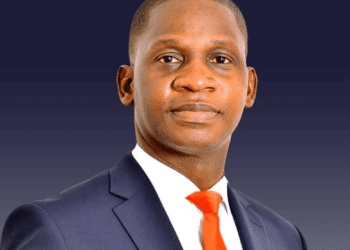By Guest Contributor | MELO MEDIA
The intersection of politics and religion is a complex and often controversial topic. It is a thin line that can both unite and divide people, shaping societies and influencing policies. In this article, we will explore the various aspects of this intersection and delve into the challenges and implications it presents.
Throughout history, politics and religion have been intertwined. From ancient civilizations to modern democracies, religious beliefs have played a significant role in shaping political systems and ideologies. Theocracies, such as ancient Egypt and medieval Europe, exemplify the close relationship between religion and governance.
In many modern societies, the principle of separation of church and state has been established to ensure the autonomy of both institutions. This principle aims to prevent religious bias in political decision-making and protect individual freedoms. However, the extent to which this separation is maintained varies across different countries and cultures.
Despite the separation of church and state, religious beliefs continue to influence political ideologies and policies. Issues such as abortion, same-sex marriage, and euthanasia often spark heated debates, with religious groups advocating for their moral values to be reflected in legislation. This influence can be seen in the formation of political parties and the voting patterns of religious communities.
The intersection of politics and religion also raises questions about religious freedom and discrimination. While individuals have the right to practice their religion freely, conflicts arise when religious beliefs clash with the rights of others. Balancing religious freedom with the need to protect marginalized groups can be a delicate task for policymakers.
In some cases, the intersection of politics and religion can lead to extremism and political violence. Religious ideologies can be manipulated to justify acts of terrorism or persecution. It is crucial to distinguish between the peaceful practice of religion and the radicalization of individuals or groups.
Religion has often been a driving force behind social movements advocating for change. From the civil rights movement in the United States to the anti-apartheid movement in South Africa, religious leaders and organizations have played pivotal roles in mobilizing communities and promoting social justice. The intersection of politics and religion can be a catalyst for positive societal transformation.
The thin line between politics and religion is a complex and multifaceted topic. While the separation of church and state is a fundamental principle in many societies, the influence of religious beliefs on politics cannot be ignored. Understanding and navigating this intersection is essential for fostering inclusive and democratic societies that respect both religious freedom and individual rights.
Stay updated with the latest news by following the Melo Media channel on WhatsApp. Simply click on the link to join: https://whatsapp.com/channel/0029VaD2KGeGehEOl7RwgD3w
– Follow us@ Melo Media.



